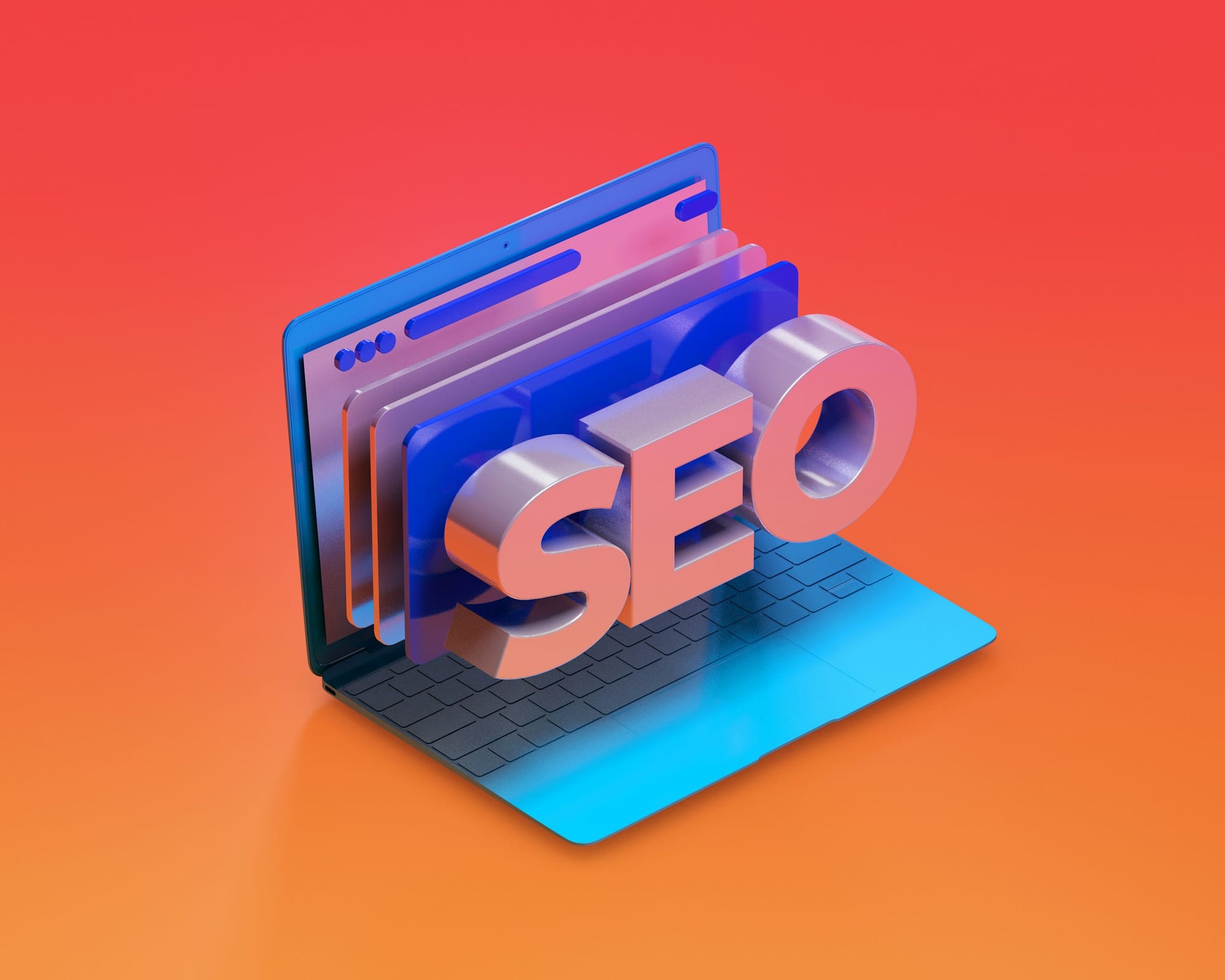The world of e-commerce SEO is experiencing a seismic shift. Artificial intelligence (AI) isn’t just a buzzword anymore—it’s fundamentally changing how search engines work, how shoppers discover products, and how brands must optimize to stay visible. If you’re running an online store in the US, understanding these changes isn’t optional—it’s essential for survival and growth.
How AI Is Transforming Search (and What That Means for You)
AI-driven search engines now understand context, intent, and language like never before. Google’s Search Generative Experience (SGE), for example, delivers instant, highly relevant answers right on the search results page, often before a user ever clicks a link. This rise of “zero-click searches” means your content must be concise, authoritative, and structured to be featured in these AI-generated overviews.
As Eli Schwartz, SEO strategist and author of Product-Led SEO, puts it:
“AI doesn’t make SEO obsolete, but it does change everything… SEO isn’t dead—it’s just evolved. Businesses need to shift their focus from just ranking to delivering real value across various touchpoints in the user journey.”
The New SEO Playbook: Quality, Context, and Personalization
Gone are the days when keyword stuffing and backlink chasing guaranteed top rankings. Today, AI algorithms prioritize content that is genuinely helpful, contextually rich, and tailored to user intent. Here’s what’s changed:
- Content Quality Over Quantity: Yes, AI can spot thin, repetitive content a mile away. In-depth, original articles that answer real customer questions are now the gold standard.
- Semantic Search and Structured Data: AI-powered search rewards content that uses schema markup and is organized for easy interpretation —think FAQs, product specs, and how-to guides.
- Personalization: Search results are now hyper-personalized, factoring in user history, location, and even device type. Two shoppers searching for “wireless headphones” may see entirely different results.
- AI-Assisted Content Creation: Tools like ChatGPT and Google’s Gemini help brands identify trending topics, fill content gaps, and even draft product descriptions —freeing up time for marketers to focus on strategy and creativity.
What E-Commerce Brands Should Do Now
To thrive in this AI-powered SEO landscape, US e-commerce brands should:
- Embrace Hybrid Content Creation: Use AI tools for research and outlining, but ensure a human touch for authenticity and brand voice.
- Optimize for Featured Snippets: Structure your content to directly answer common questions, increasing your chances of being pulled into AI-generated summaries.
- Focus on User Intent: Analyze what your customers are really searching for—not just keywords, but the problems they’re trying to solve.
- Leverage Structured Data: Implement schema markup for products, reviews, and FAQs to help AI understand and showcase your offerings.
- Monitor and Adapt: SEO is now a moving target. Regularly review analytics, track how AI-driven search changes your traffic, and iterate quickly.
The Bottom Line
AI isn’t killing SEO —it’s making it smarter, faster, and more human-centric. As search engines get better at understanding what people want, e-commerce brands that focus on quality, context, and genuine value will rise to the top. Or as industry experts say:
“Blending AI’s speed with human strategy unlocks SEO potential”.
Ready or not, the future of e-commerce SEO is here —and it’s powered by AI. Will your brand be ready to ride the wave?














Discussion